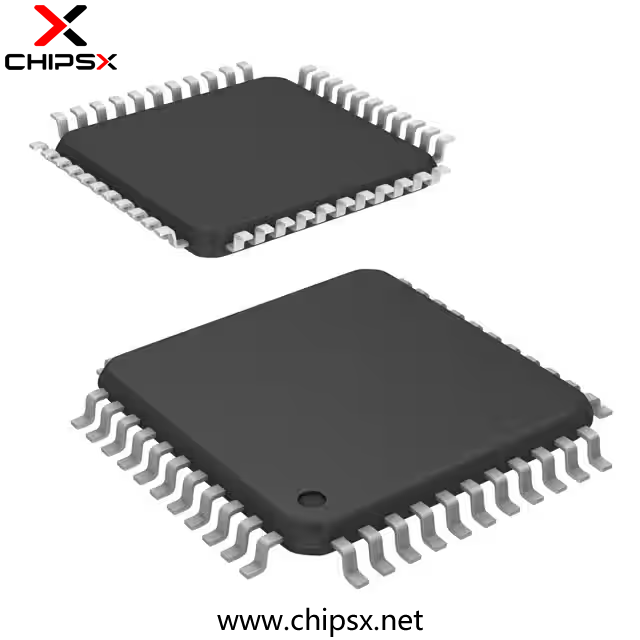EPM7032AETC44-4: Enabling Efficient Digital Designs with Advanced Programmable Logic | ChipsX
The EPM7032AETC44-4, developed by Altera (now Intel), represents a remarkable fusion of innovation and efficiency in the realm of programmable logic devices (PLDs). With its advanced features and optimized architecture, this PLD model serves as a cornerstone in the development of high-performance electronic systems. In this article, we explore the features, capabilities, and applications of the EPM7032AETC44-4, highlighting its role in driving innovation and facilitating efficient digital design.

Features:
At its core, the EPM7032AETC44-4 boasts an impressive array of features meticulously designed to address the complexities of contemporary digital designs. Equipped with 32 macrocells and an advanced programmable logic architecture, it provides designers with ample resources to implement intricate logic functions and interface seamlessly with external components. Operating at a speed grade optimized for 4 ns, it ensures rapid signal processing, making it suitable for applications requiring high-speed data handling and real-time responsiveness.
One of the key strengths of the EPM7032AETC44-4 is its efficiency in resource utilization and power consumption. With its compact size and low power consumption, it offers an optimal balance between performance and energy efficiency, making it an ideal choice for battery-powered devices, portable electronics, and embedded systems. Additionally, its ease of programming and configuration simplifies the design process, reducing time-to-market and development costs.
Applications:
The applications of the EPM7032AETC44-4 span across a wide range of industries, each benefiting from its compact size, efficiency, and performance. In telecommunications, it finds utility in signal processing, network management, and protocol conversion, where its high-speed operation and customizable architecture enable efficient data transmission and processing. Its small footprint and low power consumption make it well-suited for telecommunications equipment deployed in space-constrained environments.
In industrial automation, the EPM7032AETC44-4 plays a crucial role in controlling machinery, monitoring processes, and implementing safety features. Its reliability, deterministic behavior, and extensive logic elements ensure seamless integration into diverse industrial systems, contributing to increased productivity, efficiency, and safety.
Furthermore, in consumer electronics, this PLD model is instrumental in driving innovation in devices such as smart appliances, wearable devices, and IoT devices. Its ability to interface with sensors, displays, and communication protocols enables the creation of feature-rich, connected products that enhance user experiences and improve efficiency.
Conclusion:
The EPM7032AETC44-4 embodies the essence of innovation in programmable logic design, offering efficiency, versatility, and reliability for a variety of digital design applications. Its robust feature set, combined with its wide-ranging applications, positions it as a versatile solution for diverse design challenges across industries. Whether in telecommunications, industrial automation, consumer electronics, or beyond, this PLD model continues to empower engineers to innovate and create cutting-edge solutions that shape the future of technology. With its efficiency, versatility, and reliability, the EPM7032AETC44-4 remains at the forefront of programmable logic devices, driving progress and fueling innovation in the digital age.

info@chipsx.net

 路特斯EMEYA 能成为百万级超跑轿车的首选,靠的是什么?
路特斯EMEYA 能成为百万级超跑轿车的首选,靠的是什么?